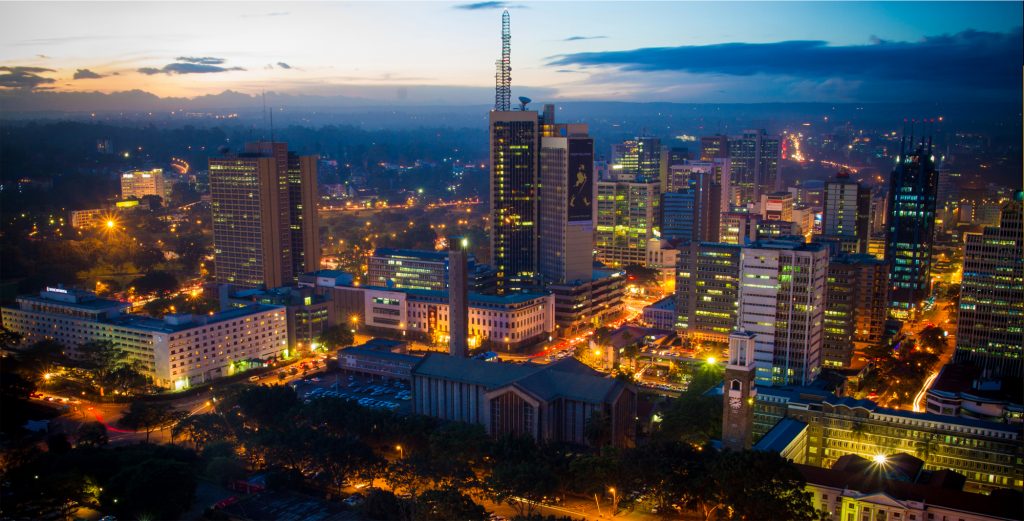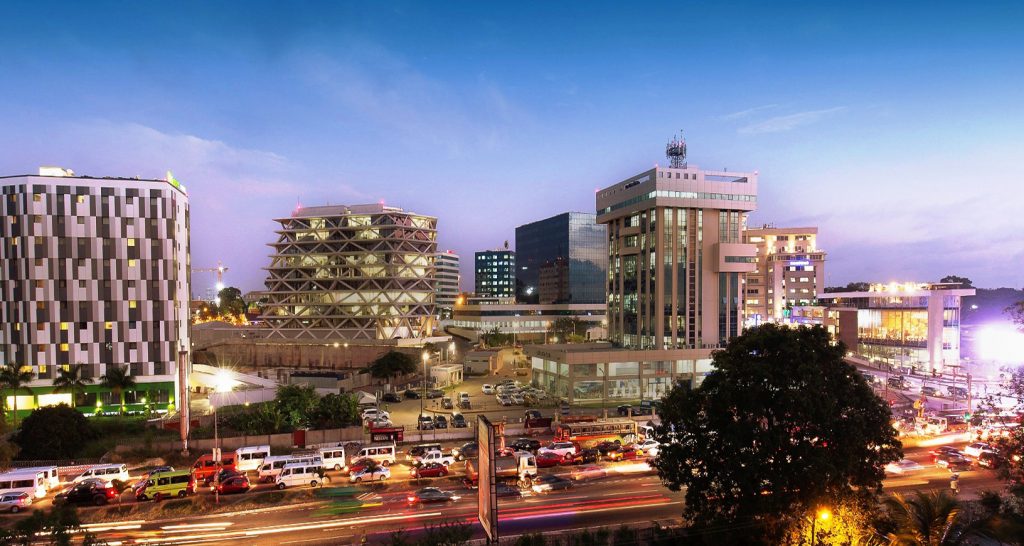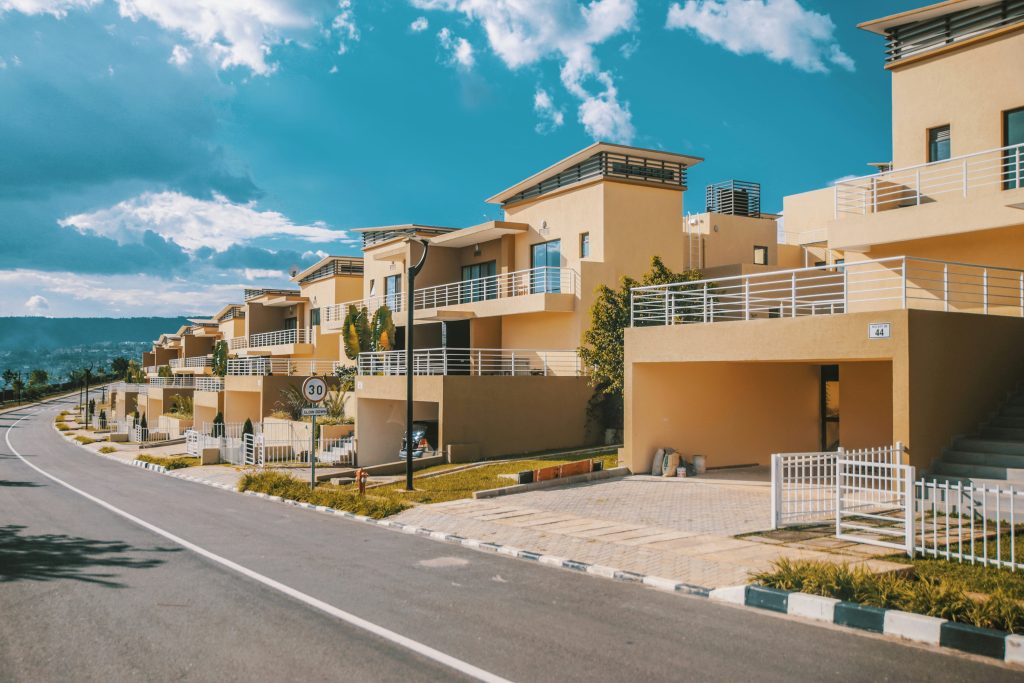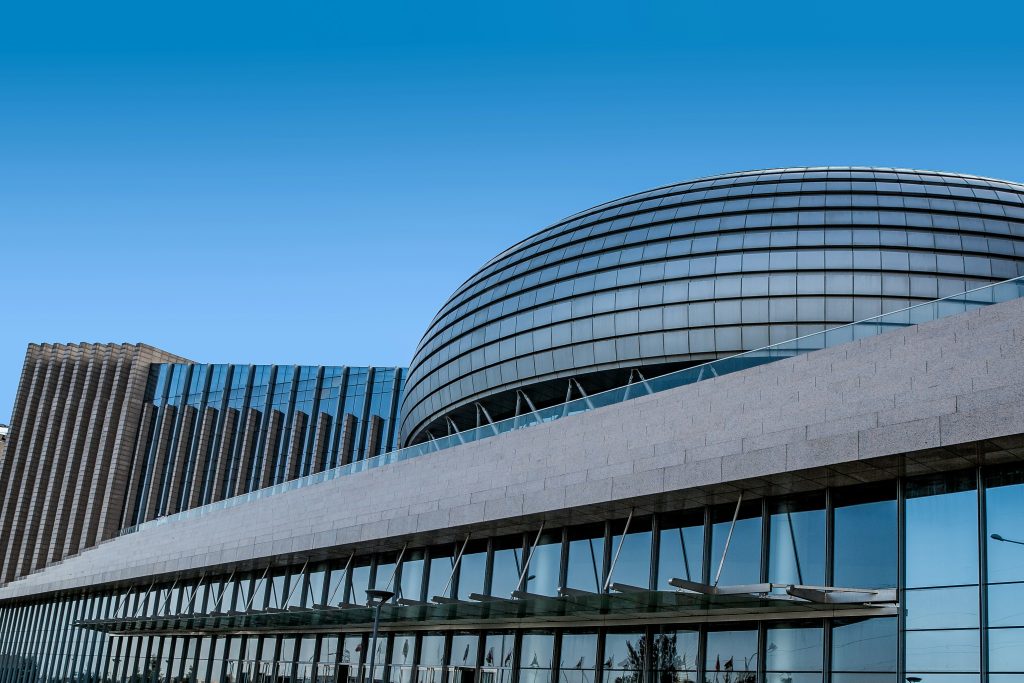Africa is undergoing a rapid urbanization process, with more than half of its population expected to live in cities by 2030. This presents both challenges and opportunities for the continent, as urban areas face issues such as congestion, pollution, poverty, and inequality, but also offers potential for innovation, growth, and inclusion.
To harness the benefits of urbanization and address its drawbacks, many African cities are exploring smart city initiatives, which use information and communication technologies (ICTs) and other means to improve the quality of life, efficiency, and competitiveness of urban services and operations.
But what does a smart city look like in Africa? How can it meet the needs and aspirations of present and future generations, while respecting the economic, social, and environmental aspects of sustainability? And which African cities are leading the way in implementing smart city solutions?
Here are five examples of African cities that are embracing smart city initiatives in different domains and sectors.
Cape Town: Smart sensors and real-time data

Cape Town, South Africa’s second-largest city, has been facing a severe water crisis due to drought and population growth. To manage its scarce water resources more efficiently and equitably, the city has deployed smart water meters that monitor water consumption and leakage in real-time, and send alerts to users and authorities via SMS or email.
The smart meters also allow for dynamic pricing based on demand and supply, incentivizing water conservation and reducing wastage.
The city is also using smart sensors and data analysis to optimize other urban services, such as electricity, waste management, traffic management, and crime prevention. For example, the city has installed sensors that detect gunshots in crime-prone areas and alert the police; sensors that measure traffic flow and congestion and inform travellers of alternative routes; sensors that monitor waste levels in bins and notify collection services when they are full; and sensors that control street lights and save energy.
Nairobi: Smart mobility and innovation hubs

Nairobi, Kenya’s capital and largest city, is notorious for its traffic jams and air pollution. To improve its mobility and transport system, the city has launched several smart initiatives, such as digital payment platforms for public buses, car-sharing services, bike-sharing schemes, and e-mobility solutions.
The city is also planning to introduce a bus rapid transit (BRT) system that will use dedicated lanes, smart ticketing, and real-time information to reduce travel time and emissions.
Nairobi is also home to a vibrant innovation ecosystem that fosters creativity and entrepreneurship among its young population. The city hosts several tech hubs, incubators, accelerators, co-working spaces, and makerspaces that provide access to ICT infrastructure, training, mentorship, networking, and funding opportunities for start-ups and innovators. Some of these hubs focus on developing smart solutions for urban challenges, such as iHub, which runs an innovation lab for urban planning; Gearbox, which offers prototyping facilities for hardware products; and BRCK Education, which provides low-cost digital learning devices for schools.
Accra: Smart waste management and circular economy

Accra, Ghana’s capital and largest city, is struggling with waste management issues that affect its environment and public health. To tackle this problem, the city has partnered with private sector actors to implement smart waste management solutions that promote a circular economy approach. One of these solutions is Coliba, a mobile app that connects households and businesses with waste collectors who recycle plastic waste. The app rewards users with points that can be redeemed for cash or vouchers for goods and services.
Another solution is Waste Enterprisers Holding (WEH), a company that converts human waste into renewable energy products. The company operates a fecal sludge treatment plant that produces biogas for cooking stoves and briquettes for industrial boilers. The company also provides sanitation services to low-income communities that lack access to sewer systems or toilets.
Kigali: Smart governance and citizen engagement

Kigali, Rwanda’s capital and largest city, is widely regarded as one of the cleanest and safest cities in Africa. The city owes much of its success to its smart governance model that leverages ICTs to enhance transparency, accountability, efficiency, and participation in public service delivery. The city has implemented several e-government platforms that enable citizens to access information, pay taxes, apply for permits, report issues, and provide feedback online or via mobile phones. The city also uses social media, SMS, and radio to communicate with citizens and solicit their views on various policies and projects.
The city has also established a network of citizen report cards (CRCs) that measure citizen satisfaction with public services and identify areas for improvement.
The CRCs are administered through face-to-face interviews, phone calls, or online surveys, and the results are shared with service providers and policymakers to inform decision-making and budget allocation.
Addis Ababa: Smart urban planning and green infrastructure

Addis Ababa, Ethiopia’s capital and largest city, is undergoing a massive urban transformation that aims to make it a modern and sustainable metropolis. The city has adopted a smart urban planning approach that integrates ICTs, green infrastructure, and social inclusion into its development strategy. The city has developed a master plan that guides its spatial expansion and land use, and uses GIS and satellite imagery to monitor urban growth and environmental changes.
The city is also investing in green infrastructure that enhances its resilience to climate change and natural disasters, such as parks, gardens, wetlands, urban forests, green roofs, and green walls. The city has also launched a light rail transit (LRT) system that reduces traffic congestion and greenhouse gas emissions, and provides affordable and accessible transport for its residents. The LRT system is powered by renewable energy sources, such as hydroelectricity and wind power.
These are just some of the examples of African cities that are embracing smart city initiatives in different domains and sectors. There are many more cities across the continent that are experimenting with smart solutions for urban challenges, such as Lagos, Dar es Salaam, Casablanca, Johannesburg, and Cairo. These cities demonstrate that smart cities are not a one-size-fits-all concept, but rather a context-specific and participatory process that adapts to the needs and aspirations of each city and its citizens.
Catch up on news and other tidbits on our WhatsApp Community Page, Twitter/X, and subscribe to our weekly newsletter to ensure you don’t miss out on any news.










